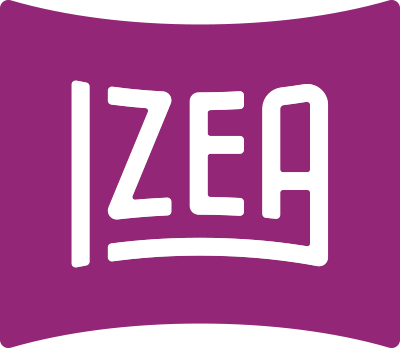 Last week I attended the American Society of Journalists and Authors annual conference. Writers tend to be solitary creatures, so conferences can help us come out of hibernation and meet liked-minded souls. But here are they worth the time and expense? Here are some pros and cons to consider:
Last week I attended the American Society of Journalists and Authors annual conference. Writers tend to be solitary creatures, so conferences can help us come out of hibernation and meet liked-minded souls. But here are they worth the time and expense? Here are some pros and cons to consider:
Pros
Relationships: I think the most valuable part of any conference is the people you meet, not the panels you attend. ASJA offers members facetime with agents and editors during Personal Pitch sessions (sort of like a professional speed dating event), but you can also rub shoulders with people at lunch, in between (and sometimes during) panels, or at the bar afterwards. While content writers at these kinds of events tend to shadow editors and agents, chatting with fellow freelancers can be helpful, too. Those who get the most out of conferences are often the ones who are open to these interactions.
Information: The industry insights you’ll gain during a conference can also help you hone your craft or improve your business. Assuming the speakers aren’t PowerPoint drones (and some of them may be so if a panel isn’t doing it for me, I’ll slip out and find a different one), it’s a much more dynamic setting than reading a book or surfing the web. I bring my Netbook so I can type up notes during each panel and tweet interesting tidbits using the conference hashtag.
Cons
Expense: Freelancers don’t have an employer to foot the bill, so we’re on the hook for registration fees and travel expenses, some of which may be tax-deductible (check with your accountant). Sometimes you can also score discounts by volunteering to present, cover the conference, or work the registration desk, so it never hurts to ask. This year I stayed with an ASJA member who lives in New York instead of paying for a hotel room, but I still spent several hundred bucks on other expenses.
Intimidation Factor: Conferences can be scary for those who are more introverted or are just started a writing business. Even established writers may feel overwhelmed by the number of attendees or the volume of options in the conference brochure. The week before the conference, I made a list of the panels I planned to attend and the people I hoped to meet. Searching the conference hashtag on Twitter, you can connect with attendees or speakers in advance and try to meet up in real life (or IRL as they say on Twitter).
Overall, I’ve found that writing conferences have helped me make connections and re-energize my writing. I’m not shy about striking up a conversation, though, which means I return home with dozens of new connections and writer buddies. Here are some the conversation starters I’ve used to break the ice:
Have you attended this conference before? Are there other conferences you’d recommend?
What panels did you attend this morning? What were the takeaways?
Wow – that’s a great bag! (If the person is facing away from you but not engaged in conversation, there’s a good bet they’ll turn around so you can see their name tag and chat them up.)
I thought you asked an interesting question during _____ panel. Have you written many articles on _______?
So, where are you from?
Who do you write for? Only after you’ve started talking with someone. Never lead with this question, because if they’re a newer writer, then it could make them feel like they’re being judged. If they spout off names like Vanity Fair and Wall Street Journal it could make you feel an amateur.
Other than that, bring lots of business cards, a friendly smile, and a willingness to talk shop.



